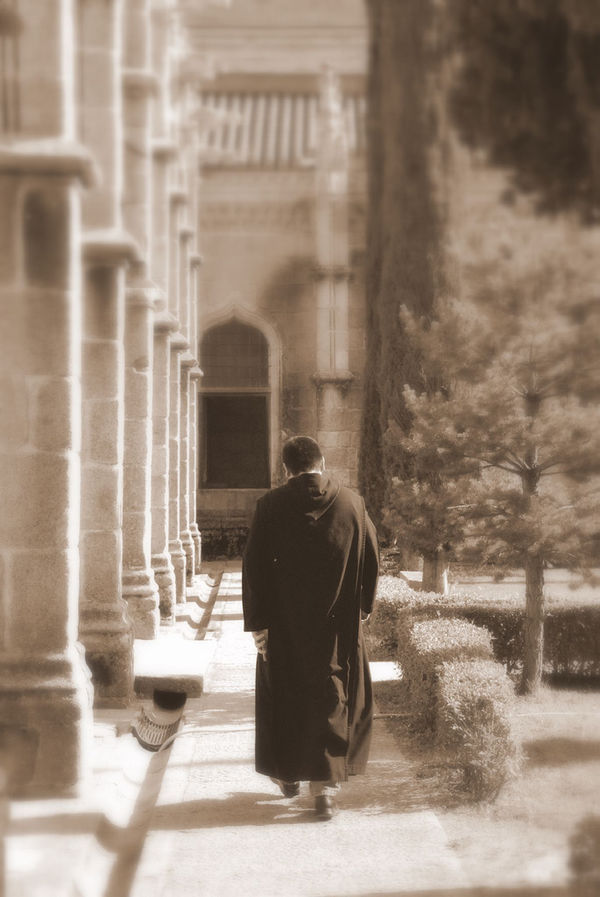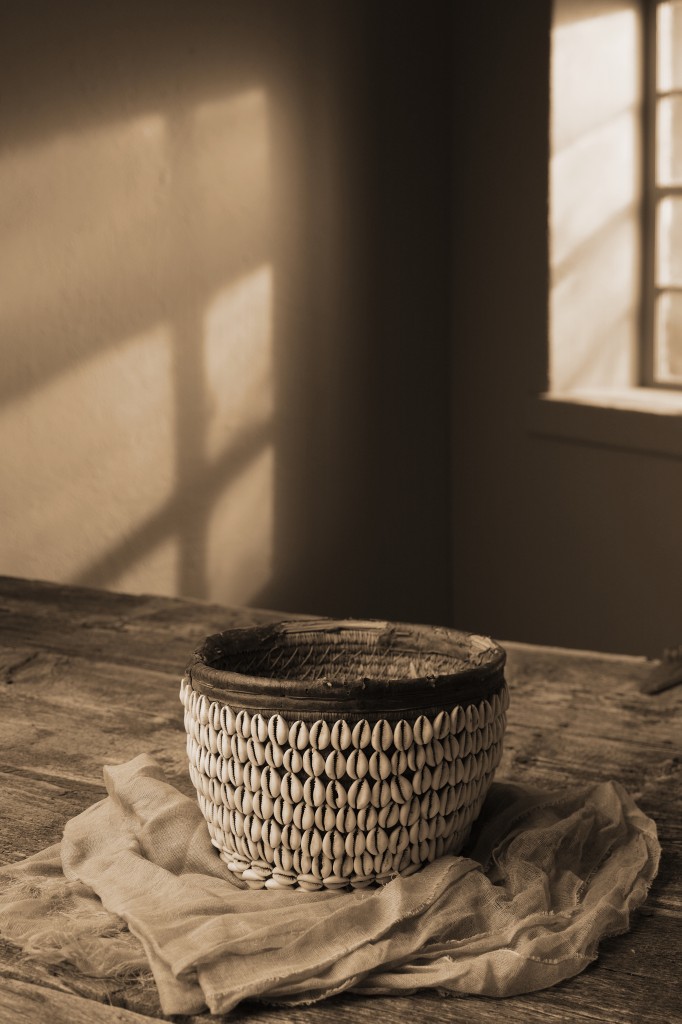On Wabi-Sabi Weekends, I post excerpts from my book, Simply Imperfect: Revisiting the Wabi-Sabi House.
Sitting quietly, doing nothing
Spring comes, and the grass grows by itself.
—Zenrin, The Gospel According to Zen
Wabi stems from the root wa, which means harmony, peace, tranquility, and balance. In early Japanese poetry, wabi meant sad, desolate and lonely, but also simple, humble by choice and in tune with nature.
Until Zen Buddhism became widespread in the 14th century, wabi was a pejorative term used to describe cheerless, miserable outcasts. As respect for monks’ and hermits’ spiritual asceticism grew, wabi became respectful—even revered. Sixteenth-century Tea master Jo-o described a wabi Tea man as someone who feels no dissatisfaction even though he owns no Chinese utensils. Wabi is “the joy of the little monk in his wind-torn robe,” a man content with very little, free from greed, indolence, and anger.
Desolate undertones still cling to the word wabi, sometimes used to describe “the helpless feeling you have when waiting for your lover.” It’s a diffuse, elusive concept that’s less verbal than emotive, so subtle that you almost miss it. “No other word could be more ambiguous in meaning than wabi,” Kazue Kyoichi wrote in Wabicha no Keifu in 1973. “It’s impossible to explain in other words.”
Sabi means “the bloom of time.” It connotes natural progression—tarnish, hoariness, rust—the extinguished gloss of what once sparkled. Sabi things carry their years’ burdens with dignity and grace: a silver bowl mottles as it oxidizes, a wooden barn’s gently collapses in on itself, a naked winter bough has stark, muscular beauty. An old car left in a field to rust, as it transforms from an eyesore into a part of the landscape, is the sabi of the United States.
Sabi is based on the Buddhist law of annica, or impermanence. Celebrating crumbling, rusty, fraying things acknowledges poetically that nothing (including ourselves and this moment) remains unchanged. Sabi’s meaning has changed over time, from its ancient definition “to be desolate,” to the more neutral “to grow old.” By the 13th century, sabi meant taking pleasure in things that were old and faded. A proverb emerged: “Time is kind to things, but unkind to man.”

